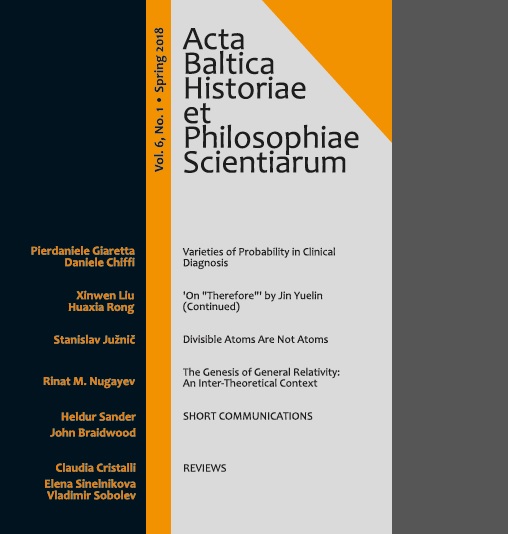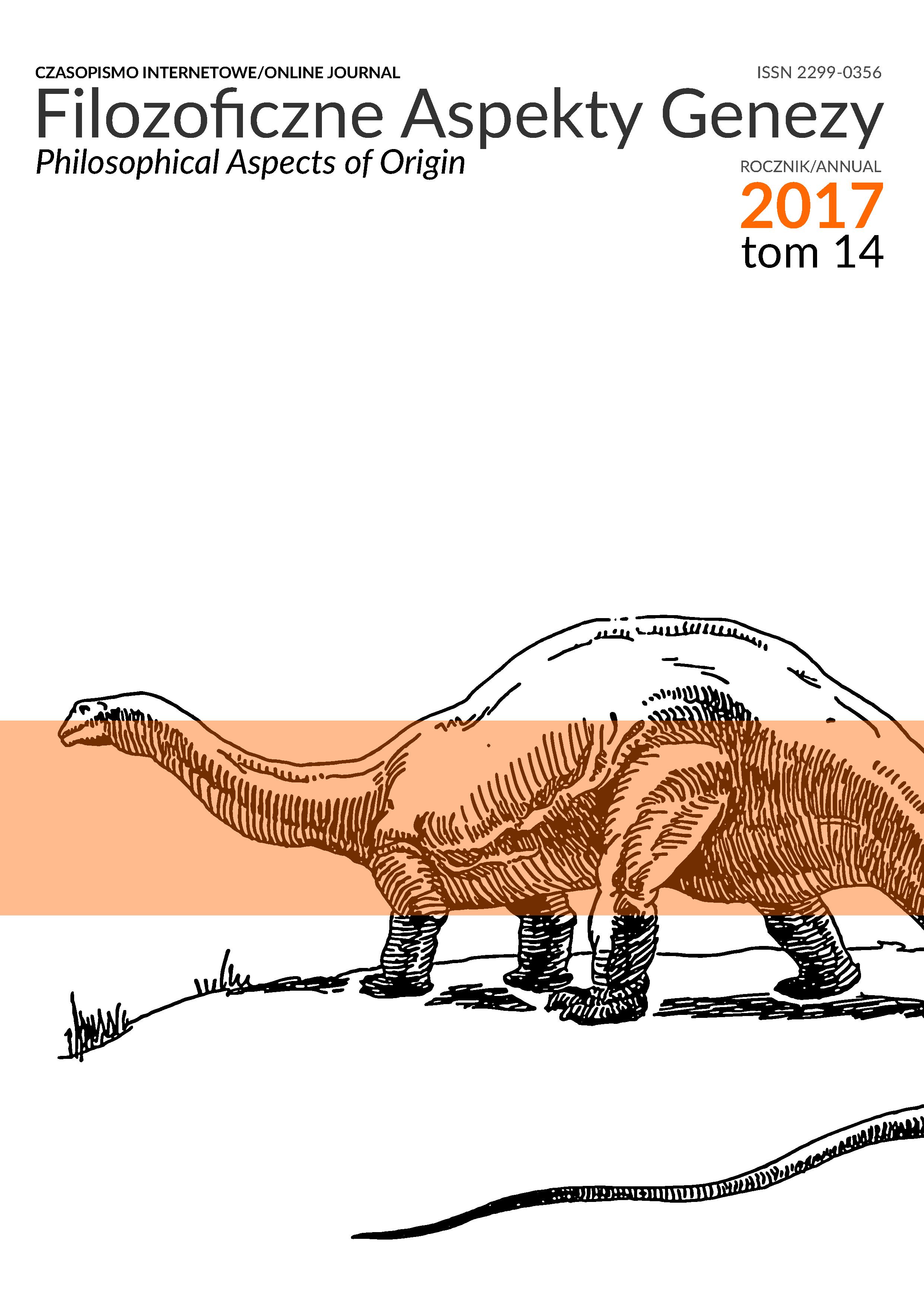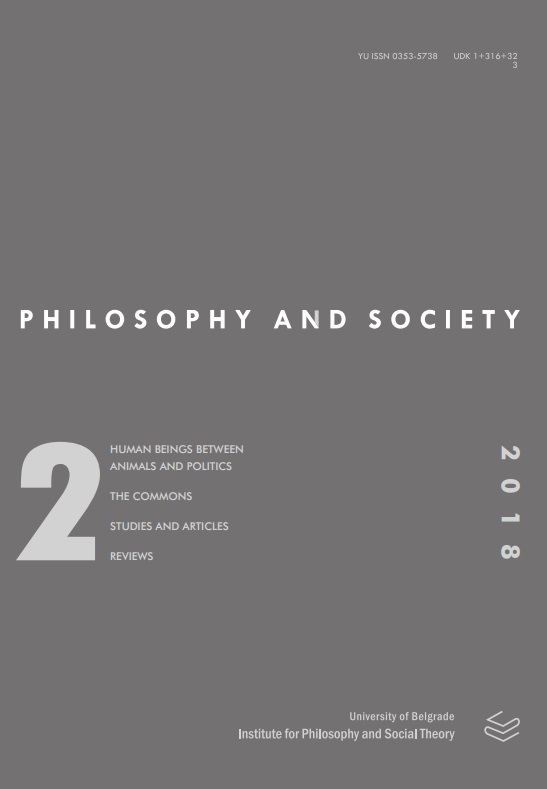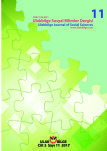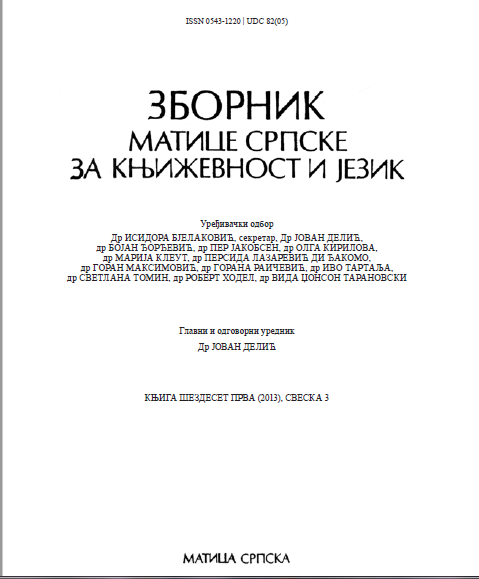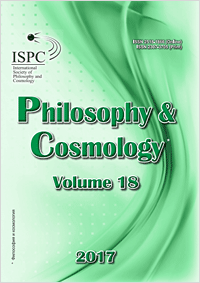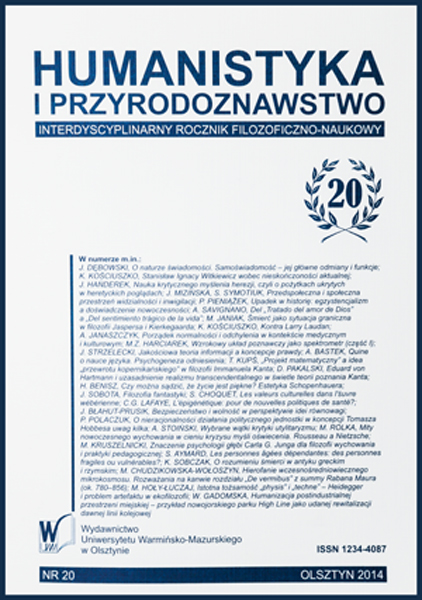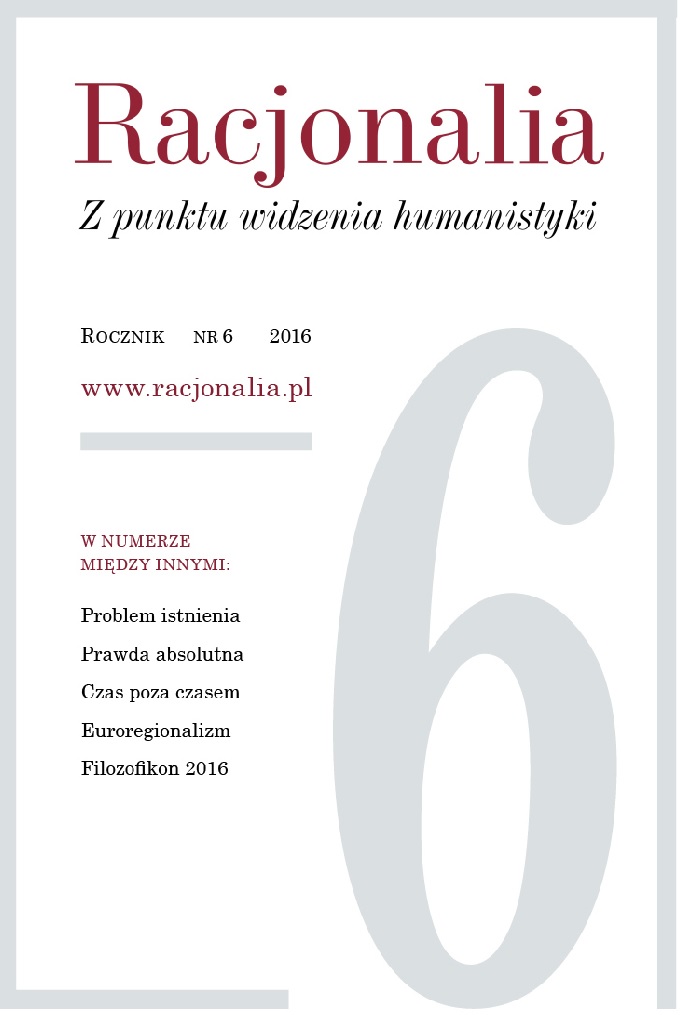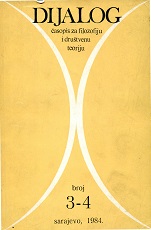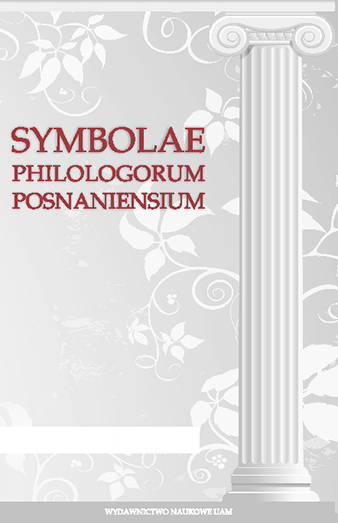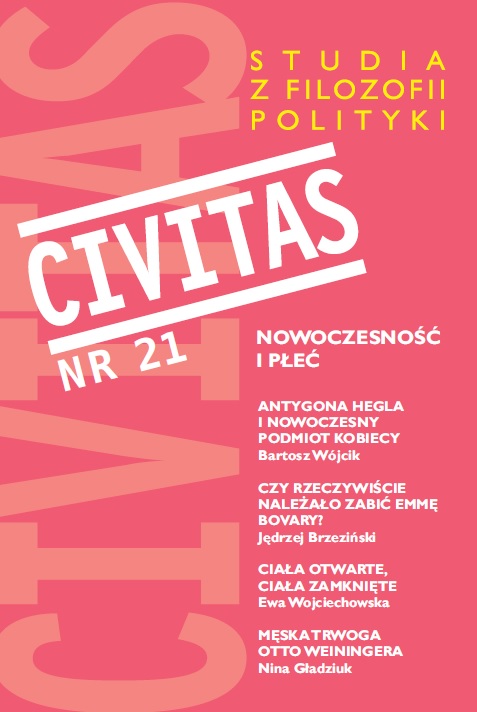ІСТОРИЧНІ ТИПИ КУЛЬТУРНОЇ ТА ФІЛОСОФСЬКОЇ ЛЕГІТИМІЗАЦІЇ ЕТИЧНИХ СИСТЕМ
The purpose of the article is to identify the main paradigms of cultural and philosophical legitimation of ethical systems in the European tradition, confirmation of the essential unity of deontology and aretology. The methodology of the study is to use methods of analysis, synthesis, comparison, generalization, as well as phenomenological and hermeneutical approaches. Scientific novelty consists in understanding ethics as a holistic system of ethics of values, ethics of prescriptions, ethics of virtues and communicative ethics, because only in the unity of these disciplines ethics can exist as a coherent theory and correspond to the practical needs of the affirmation of humanity in the postmodern times. Conclusions. It has been proved that in the history of morality and ethics in the European tradition there have been progressive changes in the objective, subjective and intersubjective paradigms of cultural and philosophical legitimation of ethical systems. It is proved that the shift of these paradigms is determined by the general cultural transformations from the traditional to the modern, and then postmodern society. The critical analysis of contemporary absolutism of the value of the ethics of virtues (on the example of A. MacIntyre’s concept) proved that the aretology is inseparable from deontology, and both of these disciplines are rooted in the ethics of values. It has been established that not only the return to ethics of virtues but also the cultivation of moral sensitivity to another, are critically important. It is proved that the roots of such tendencies are connected not only with medieval ethics but also with ethical practices and theories of the modern era.
More...
